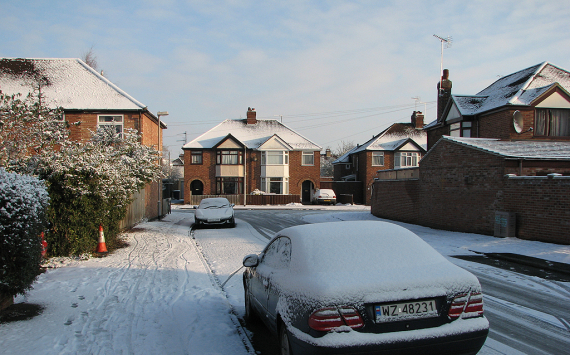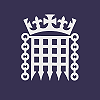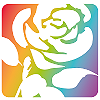Sir Edward Richard George Heath (Ted Heath) was a British politician who served as Prime Minister of the United Kingdom from 1970 to 1974 and Leader of the Conservative Party from 1965 to 1975. Heath also served for 51 years as a Member of Parliament from 1950 to 2001. Outside of politics, Heath was a yachtsman, a musician, and an author.
Born to a lady's maid and a carpenter, Heath was educated at a grammar school in Ramsgate, Kent (Chatham House Grammar School for boys) and became a leader within student politics while studying at the University of Oxford. He served as an officer in the Royal Artillery during the Second World War. He worked briefly in the Civil Service, but resigned in order to stand for Parliament, and was elected for Bexley at the 1950 election. He was promoted to become Chief Whip by Anthony Eden in 1955, and in 1959 was appointed to the Cabinet by Harold Macmillan as Minister of Labour. He later held the role of Lord Privy Seal and in 1963, was made President of the Board of Trade by Alec Douglas-Home. After the Conservatives were defeated at the 1964 election, Heath was elected as Leader of the Conservative Party in 1965, becoming Leader of the Opposition. Although he led the Conservatives to a landslide defeat at the 1966 election, he remained in the leadership, and at the 1970 election led his party to an unexpected victory.
During his time as prime minister, Heath oversaw the decimalisation of British coinage in 1971, and in 1972 he led the reformation of local government in the United Kingdom, significantly reducing the number of local authorities and creating several new metropolitan counties, much of which remains to this day. Perhaps Heath's most prominent achievement came in 1973, when he led the United Kingdom into membership of the European Communities popularly known as entry to the Common Market (which would later become the European Union) as a member state. Heath had always been a strong supporter of British membership of the EC, and after winning the decisive vote in the House of Commons by 356 to 244 to join, he led the negotiations that culminated in the UK's entry into the EC on 1 January 1973. According to biographer John Campbell, Heath regarded this as his personal "finest hour".
Heath's time as prime minister also coincided with the height of the Troubles in Northern Ireland, with his approval of internment without trial and subsequent suspension of the Stormont Parliament seeing the imposition of direct British rule. Unofficial talks with Provisional Irish Republican Army delegates were unsuccessful, as was the Sunningdale Agreement of 1973, which led the MPs of the Ulster Unionist Party to withdraw from the Conservative whip. Heath also tried to reform British trade unionism with the Industrial Relations Act, and hoped to deregulate the economy and make a transfer from direct to indirect taxation. However, a miners' strike at the start of 1974 severely damaged the Government, causing the implementation of the Three-Day Week to conserve energy. Attempting to resolve the situation, Heath called an election for February 1974, attempting to obtain a mandate to face down the miners' wage demands, but this instead resulted in a hung parliament, with the Conservatives losing their majority. Despite gaining fewer votes, the Labour Party won four more seats, and Heath resigned as Prime Minister on 4 March after talks with the Liberal Party to form a coalition government were unsuccessful.
After losing a second successive election in October 1974, Heath insisted he would continue as leader, but in January 1975, Margaret Thatcher announced she would challenge Heath for the leadership, and on 4 February, she narrowly outpolled him in the first round. Heath chose to resign the leadership rather than contest the second round. Heath returned to the backbenches, where he would remain until 2001. In 1975, he played a major role in the referendum on British membership of the EC, campaigning for the eventually successful "Yes" vote to remain in the Community. He would later become an embittered critic of Thatcher during her time as prime minister, speaking and writing against the policies of Thatcherism. Following the 1992 election, he became Father of the House, until his retirement in 2001. He died in 2005, aged 89. He is one of four British prime ministers never to have married. He has been described by the BBC as "the first working-class meritocrat" to become Conservative leader in "the party's modern history" and "a One Nation Tory in the Disraeli tradition who rejected the laissez-faire capitalism that Thatcher would enthusiastically endorse."



















































